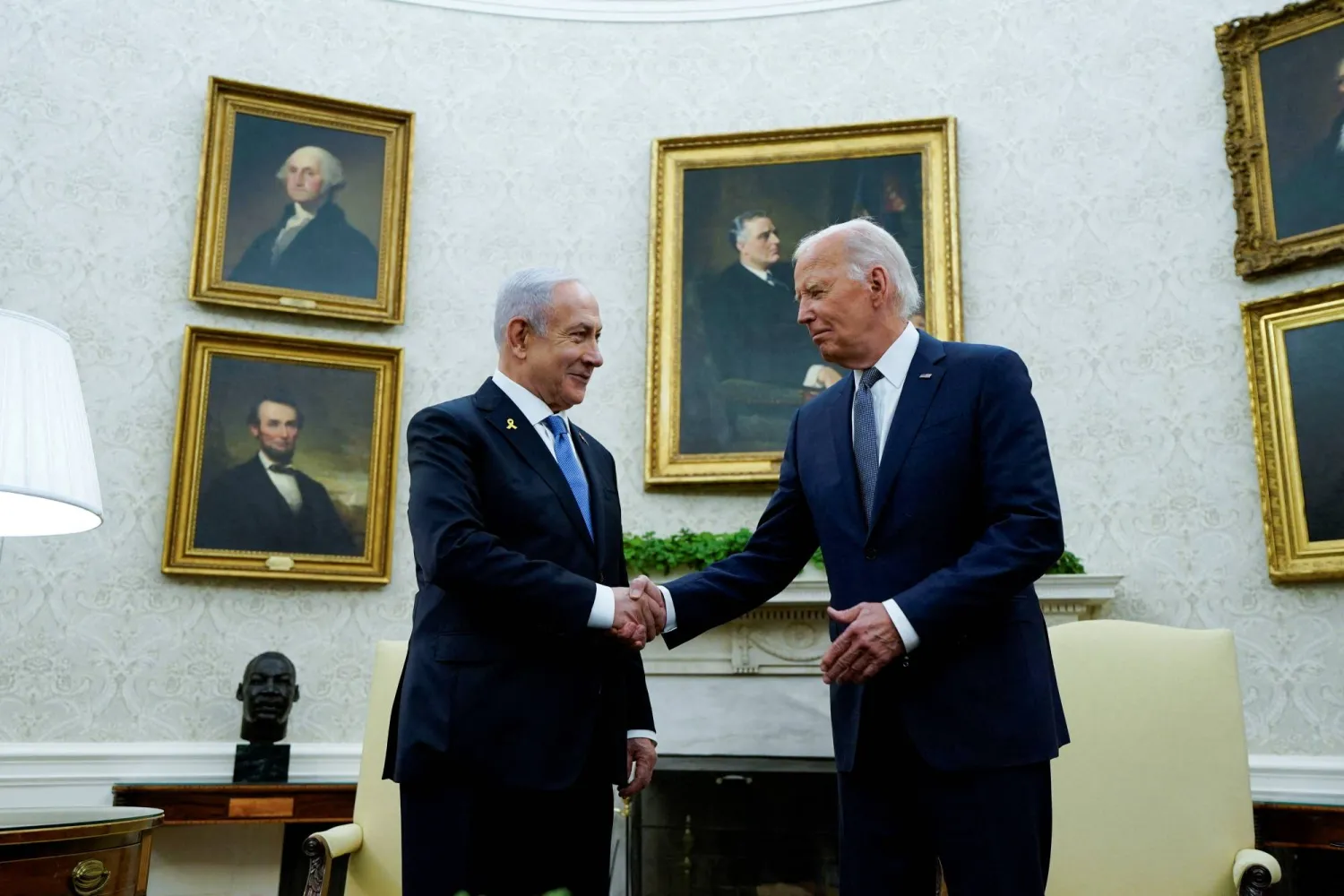Israeli Prime Minister Benjamin Netanyahu has signed off on a set of targets for Israel’s planned response to Iran’s missile attack last month, an Israeli source told ABC News.
The US broadcaster said the source wouldn’t provide more specifics on the targets, including if they’re strictly military.
The report also noted there is no timeframe for launching the anticipated response.
Israel’s UN ambassador, Danny Danon, promised the response would be "very painful" in order to deter Iran from attacking again in the future.
Danon emphasized Israel's authority over the decision on how they strike back at Iran – they won’t be paying much heed to US President Joe Biden’s insistence on "proportionality."
"We will decide about the timing, the location," he said in an exclusive interview with Fox News Digital.
Danon said the world needs to do more to prevent Iran from becoming a nuclear power.
But the Biden administration believes it has won assurances from Israel that it will not hit Iranian nuclear or oil sites, two US officials said Tuesday.
The administration also believes that sending a US Terminal High Altitude Area Defense battery to Israel and roughly 100 soldiers to operate it has eased some of Israel’s concerns about possible Iranian retaliation and general security issues.
The Pentagon on Sunday announced the THAAD deployment to help bolster Israel’s air defenses following Iran’s ballistic missile attacks on Israel in April and October, saying it was authorized at the direction of President Joe Biden.
However, the US officials, who spoke to the Associated Press on condition of anonymity to discuss private diplomatic discussions, cautioned that Israel's assurances are not ironclad and that circumstances could change.
The officials also noted that Israel’s track record on fulfilling pledges in the past is mixed and has often reflected domestic Israeli politics that have upended Washington’s expectations.
The most recent example of that was last month, when US officials were told by their Israeli counterparts that Netanyahu would welcome a US- and French-led temporary cease-fire initiative in Lebanon only to see Israel launch a massive airstrike that killed Hezbollah chief Hassan Nasrallah two days later.









